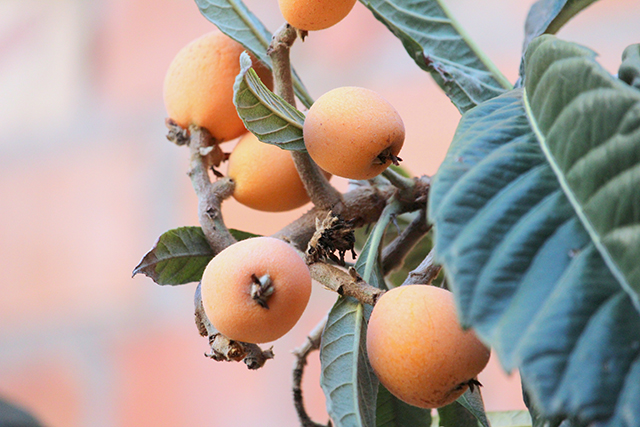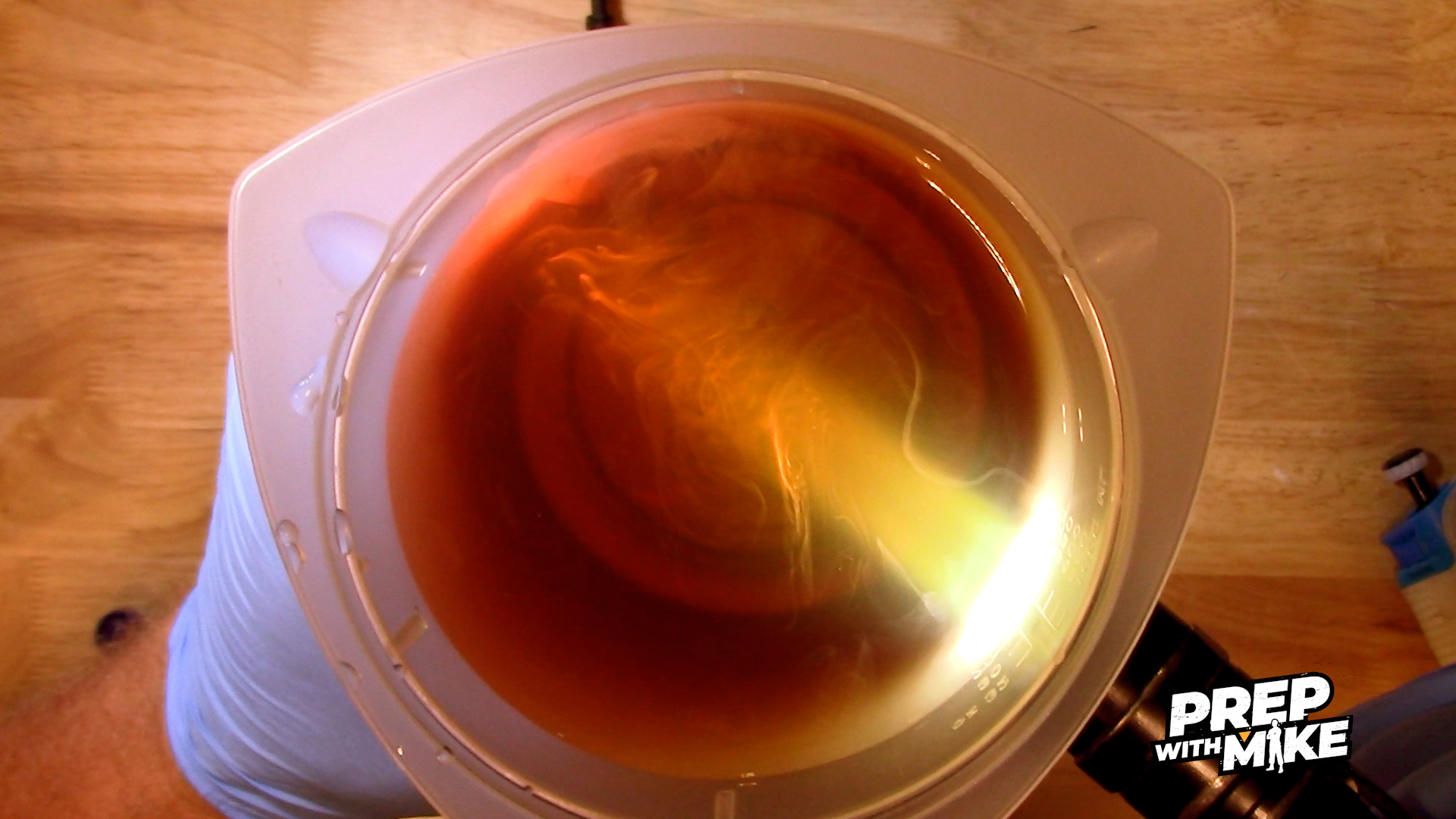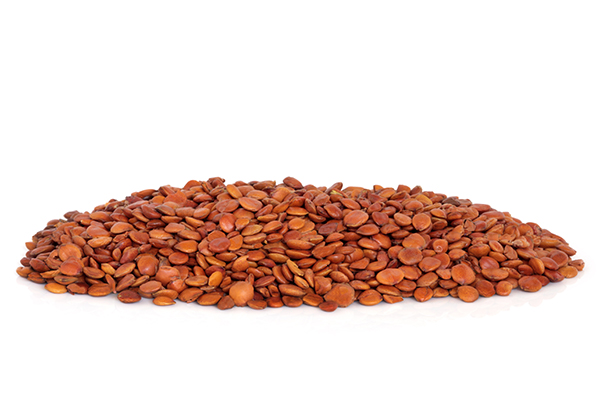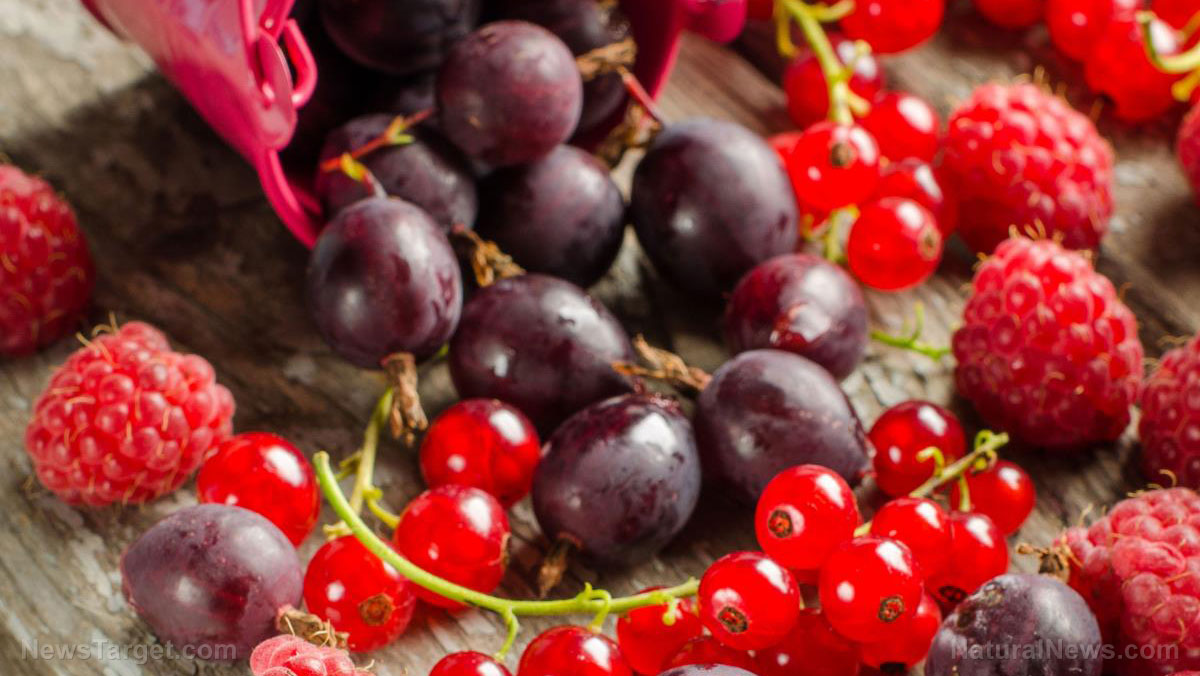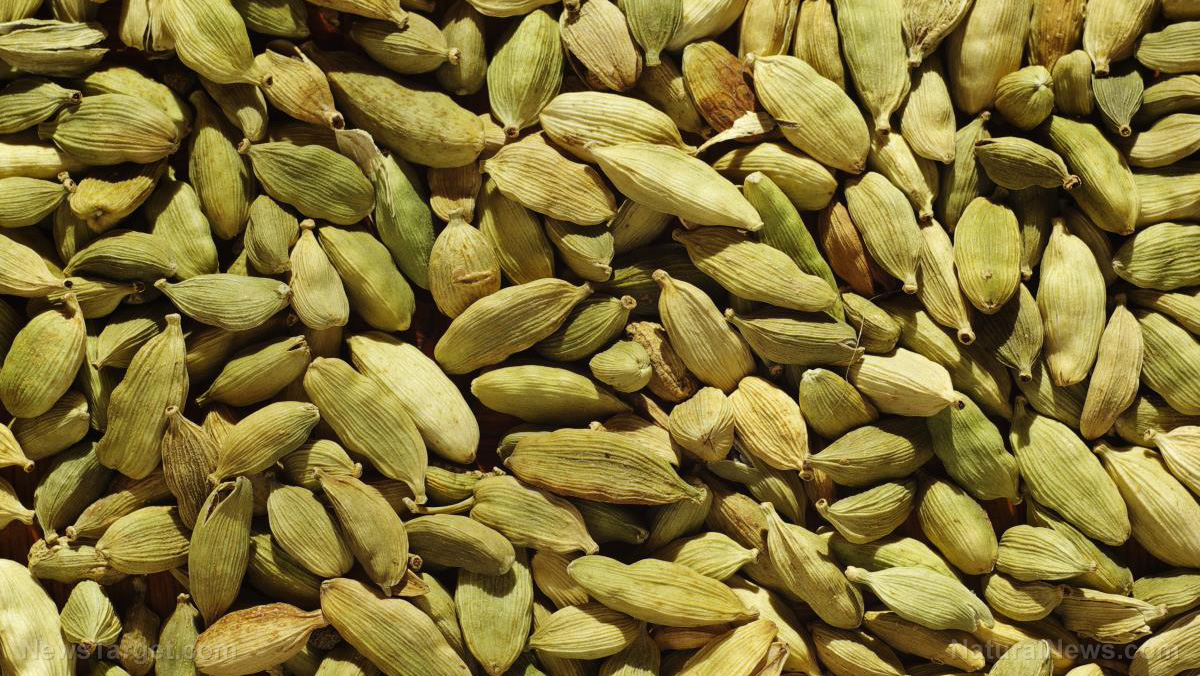Researchers explore the properties of Apple of Sodom (Dead Sea Apple) that make it a staple in traditional Kenyan medicine
10/21/2020 / By Evangelyn Rodriguez
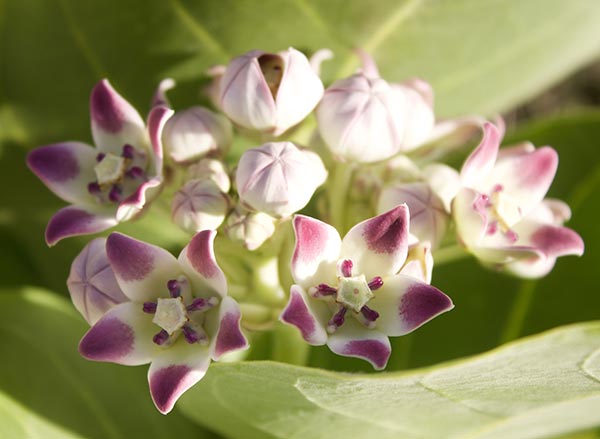
Calotropis procera, also known as Apple of Sodom, Auricula tree or Dead Sea apple, is a flowering plant native to tropical Africa and some parts of Asia. Considered a medicinal plant in China, it is also cultivated in South America and on the Caribbean Islands for its fiber.
Some reports suggest that the juice of Apple of Sodom is poisonous. Its latex is also known to contain calotropin, an active compound that can damage the heart muscle. The leaves of Apple of Sodom, however, are used as a culinary ingredient. The different parts of the plant are also used in traditional Kenyan medicine to treat a variety of human diseases.
In a recent study, researchers at Pwani University in Kenya analyzed the methanolic extract derived from Apple of Sodom to determine if it has antioxidant activities. They also measured its total phenolic and flavonoid content.
The researchers reported their findings in an article published in The Journal of Phytopharmacology.
Apple of Sodom is a rich source of antioxidant compounds
In an attempt to identify a potential source of new antioxidants for use in food and pharmaceutical formulations, the researchers conducted a comprehensive assessment of the antioxidant properties of the stem and root of Apple of Sodom using in vitro chemical analyses. They also estimated the total phenolic and flavonoid content of both parts, as well as the total yield.
The researchers carried out phytochemical tests to identify the active components of Apple of Sodom extracts. They found that the plant contains several active components, such as saponins, terpenoids, alkaloids, anthraquinones and plant steroids. The stem extract contained significantly higher amounts of phenol and flavonoids than the root sample. All of the aforementioned phytochemical classes have reported antioxidant activities.
The researchers also found a correlation between the total phenolic content of Apple of Sodom extracts and half-maximal effective concentration (EC50) values for its ?-diphenyl-?-picrylhydrazyl, or DPPH, free radical scavenging activity and reducing power. EC50 refers to the concentration of a compound needed to induce a response halfway between the baseline and maximum values after a certain period of exposure.
Based on these findings, the researchers concluded that the methanolic extracts derived from the stem and root of Apple of Sodom have strong free radical scavenging activities, making the plant a good source of antioxidants. (Related: One of the most widely used medicinal plants, java plum contains high amounts of antioxidants.)
Medicinal uses of Apple of Sodom
According to earlier studies, the main active compounds present in Apple of Sodom are asclepin and mudarin. Researchers have found that asclepin possesses biological properties similar to cardenolides — a group of cardiac-active steroids that can be used to treat heart failure and abnormal heart rhythms. Meanwhile, mudarin is known for its emetic properties.
The root bark of Apple of Sodom is also an emetic — that is, a medicine that induces vomiting. An infusion made from its powdered bark is used as a treatment for leprosy and elephantiasis. The roots of Apple of Sodom, while poisonous, is said to be an effective remedy for snake bites. The leaves of Apple of Sodom are also effective for asthma.
The latex of Apple of Sodom is good for treating ringworm, blisters, scorpion stings, venereal sores and eye-related disorders. It is also sometimes used as a laxative. Apple of Sodom flowers, on the other hand, can be used as a digestive aid and tonic. They are also effective against asthma and catarrh — the excessive buildup of mucus in an airway or cavity of the body.
The twigs of Apple of Sodom can also be used for medicinal purposes. Research suggests that they have anthelmintic properties and are great natural remedies for whooping cough, dysentery, headache, jaundice, sore gums and mouth, toothache and ulcers.
There are many plants like Apple of Sodom that are rich in phytonutrients and are widely used in traditional medicine. Learn more about these plants at PlantMedicine.news.
Sources include:
PhytopharmaJournal.com [PDF]
Tagged Under: alternative medicine, antioxidants, apple of sodom, disease treatments, free radical scavengers, herbal medicine, Herbs, natural cures, natural medicine, phytonutrients, plant medicine, remedies, research
RECENT NEWS & ARTICLES
Antioxidants.News is a fact-based public education website published by Antioxidants News Features, LLC.
All content copyright © 2018 by Antioxidants News Features, LLC.
Contact Us with Tips or Corrections
All trademarks, registered trademarks and servicemarks mentioned on this site are the property of their respective owners.

